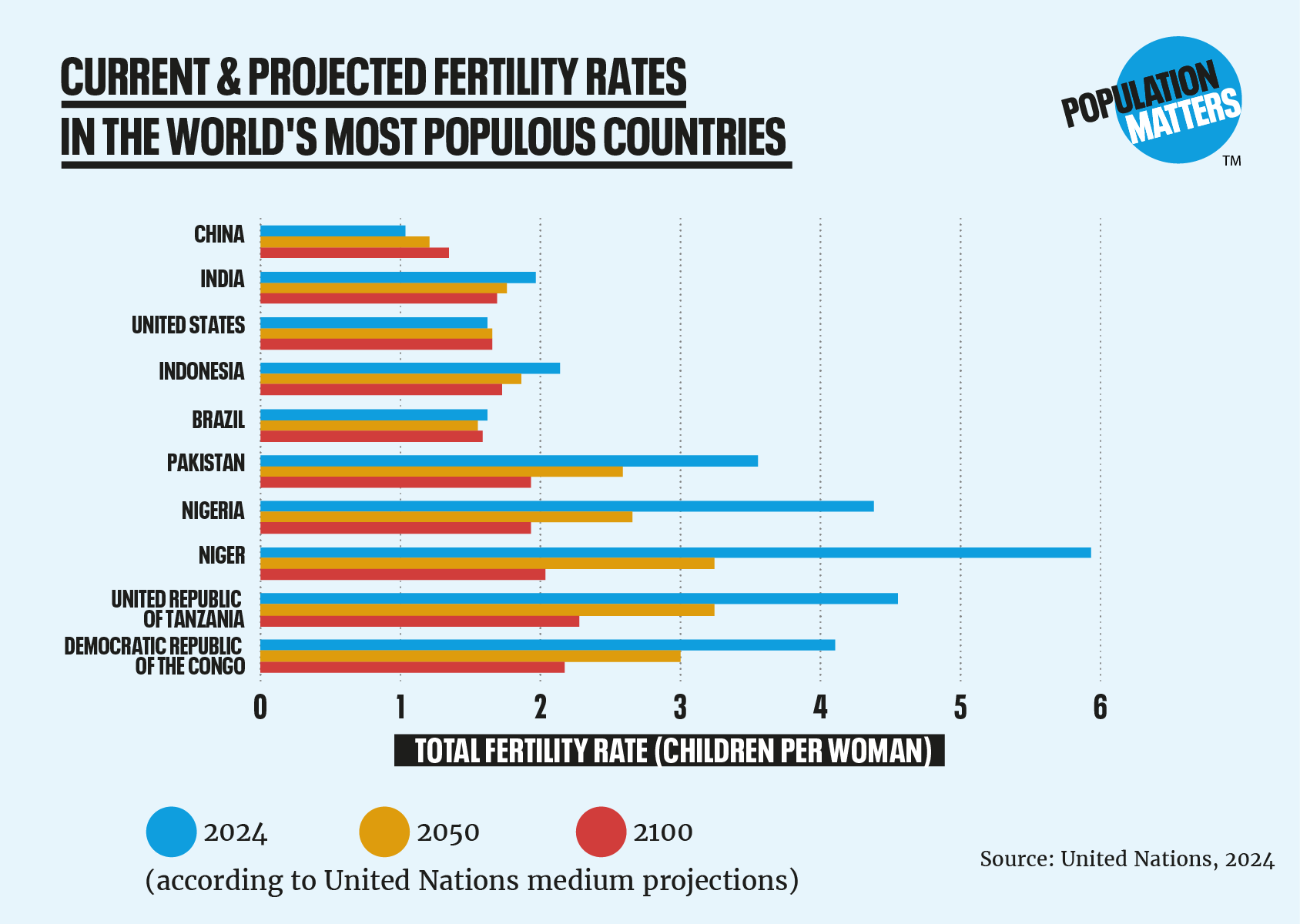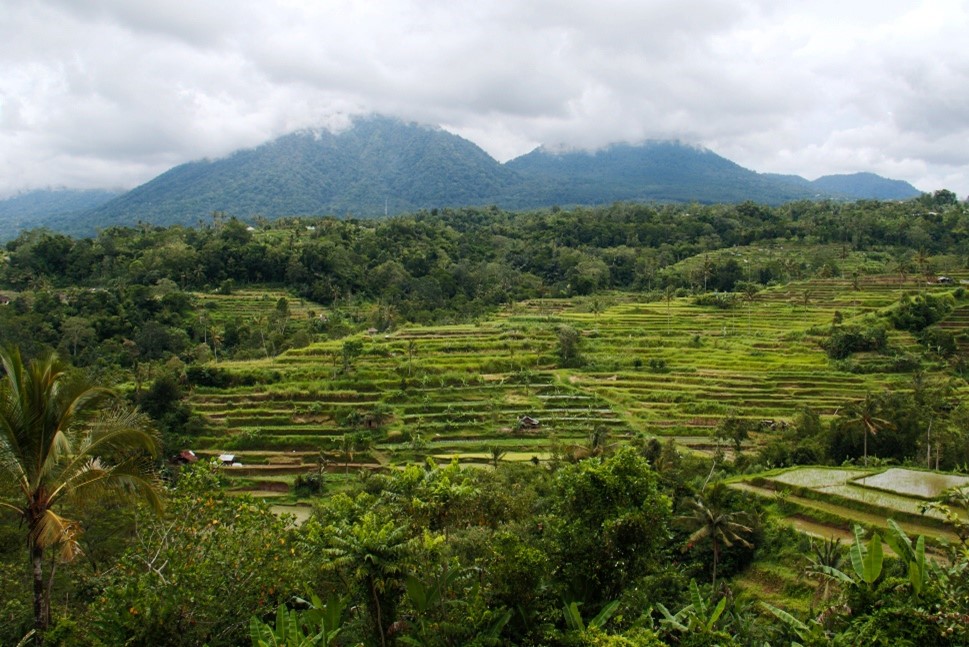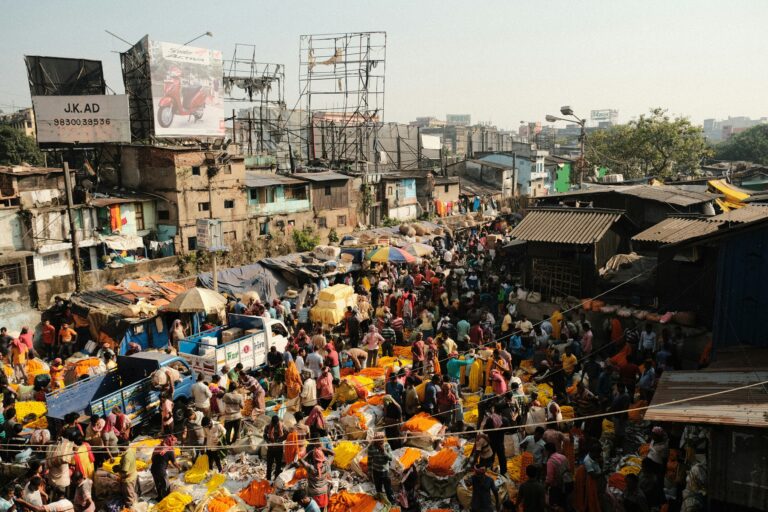
Population growth: Causes, Consequences and Solutions
Population growth continues to impact our planet in profound ways. With the world population projected to reach 10.3 billion this century, understanding the causes, consequences and potential solutions is more critical than ever. This blog delves into the key factors driving population growth, the challenges it presents and the strategies that can be implemented to bend the curve.
In 1926, when our Patron Sir David Attenborough was born, the global population stood at two billion. It had taken 125 years to double in size, since the time of Napoleon.
Today, 98 years later, the population stands at over eight billion people. We are projected to add another quarter again in the next 40 years, reaching 10 billion in the 2060s.
Understanding the Causes of population growth
The global population is still growing, with several factors fueling this trend. High fertility rates in the Global South are a driver of current population growth. In more than one in ten countries – mainly in sub-Saharan Africa – women are having four or more children each on average.
The United Nations predicts that much of future population growth will come from population momentum. This type of growth is already “baked in” because of past high fertility rates. Simply put, there are now more people of reproductive age than before. Even with lower fertility rates today, the sheer number of people able to have children makes some growth unavoidable.

Inadequate access to family planning and education plays a crucial role in population growth. Many lack access to contraceptive methods and education about family planning, leading to unintended pregnancies. Education is a key factor in empowering people to make informed decisions and to exercise their reproductive rights, yet it remains insufficient or inaccessible to many, particularly in rural areas.
Consequences of population growth
Population growth presents several significant challenges that affect the environment, society and the global economy. One of the most pressing consequences is environmental degradation. As the population grows, the demand for resources such as land, water and energy increases, leading to deforestation, loss of biodiversity and increased carbon emissions. The strain on the environment has led to severe consequences, including climate change and widespread habitat destruction.

Another major consequence is resource depletion. The growing population puts immense pressure on the Earth’s finite resources, leading to shortages of essential commodities such as fresh water and food. If current trends continue, many regions may face critical resource shortages in the coming decades.
Social challenges also arise from population growth. As more people compete for limited resources, social inequality and poverty become more pronounced. Urban areas, in particular, are facing the effects of overcrowding, including inadequate housing and poor sanitation. These challenges exacerbate social tensions and can lead to increased conflict and instability within and between nations.
Solutions to population growth
Addressing population growth requires a multi-faceted approach that involves global cooperation and the implementation of practical solutions. One of the most effective strategies is to ensure everyone everywhere can exercise their reproductive rights, this includes access to family planning. By increasing access to contraceptives and reproductive health services, individuals can make informed choices about the number and timing of children they decide to have.

Enhancing education, particularly for women and girls, is another crucial solution. Education empowers individuals to make informed decisions, contributes to one’s economic standing and reduces fertility rates. Studies have shown that educated women also corresponds with reductions in infant mortality.
International collaboration is also vital in addressing global population issues, as many of these challenges cross national borders.
Taking action
Population growth is a complex issue that requires both attention and action. By understanding its causes and consequences, and by implementing effective solutions, we can mitigate the impacts of population growth on our planet. To learn more about population growth and its global impact, read more here.



